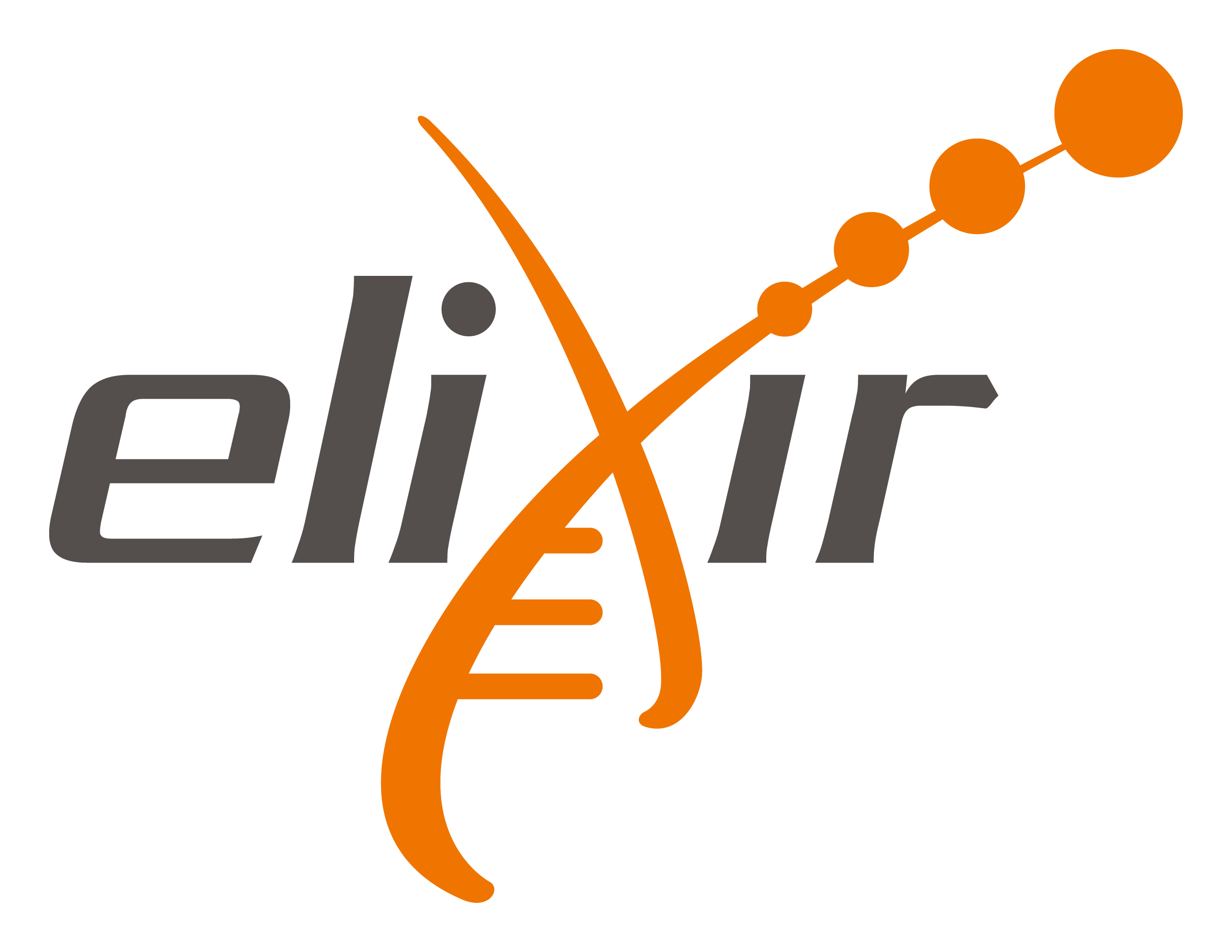Biohackathon Europe 2020
The Galaxy community has participated in several projects
- CNV detection software containerisation and benchmark
- EDAM and Tool Information Profiles
- Exporting rich metadata and provenance from Galaxy using RO-Crate packaging
- Improve the support of Common Workflow Language in Galaxy
- Hardening and Testing Galaxy cluster support with BioContainer
- An interface between Galaxy and disease maps
- Deploying biocontainers in orchestration environments for life science research
- bio.tools integration and sustainable development
Last week we had the BioHackathon Europe 2020 - online for the first time and with participants from all over the world and the Galaxy community has participated in several projects:
CNV detection software containerisation and benchmark
After an analysis and selection of the relevant tools that could be integrated into Galaxy, LUMPY, a tool for CNV detection was integrated and 5 containers created. On the data side, the GIAB dataset was included as a Data Library in Galaxy. This was just the starting point, as there are plans to add more tools (like manta) and training materials to the GTN too.
EDAM and Tool Information Profiles
This project was focused on the discussion with different communities and two new collaborations were estabished.
Exporting rich metadata and provenance from Galaxy using RO-Crate packaging
In this project, some improvements on the RO-Crate-py (Pull Request) and gxformat2 libraries were made (Pull Request). In addition, two versions of ro-crate-py were released: 0.2.2 and 0.2.3.
{% twitter https://twitter.com/lrodrin/status/1327928238308536320 %}
Improve the support of Common Workflow Language in Galaxy
Several pull requests were merged with the aim of getting a better support of CWL in Galaxy.
Hardening and Testing Galaxy cluster support with BioContainer
This project aimed at testing the Galaxy cluster support through Galaxy runners. The project team spent most of the week working on the Chronos runner to revamp it and integrate the Chronos infrastructure into the docker-galaxy project. In that direction, several fixes, pull request, and issues were identified.
An interface between Galaxy and disease maps
All the information related to this project can be found in this repository.
Deploying biocontainers in orchestration environments for life science research
bio.tools integration and sustainable development
Mutual metadata exchange among different bio.tools registries is the ultimate goal of this project. While a lot has been achieved, the development is still ongoing and will be continued. The corresponding GitHub repo: https://github.com/bio-tools/content
{% twitter https://twitter.com/Birthae/status/1327366734085582853?s=20 %}
